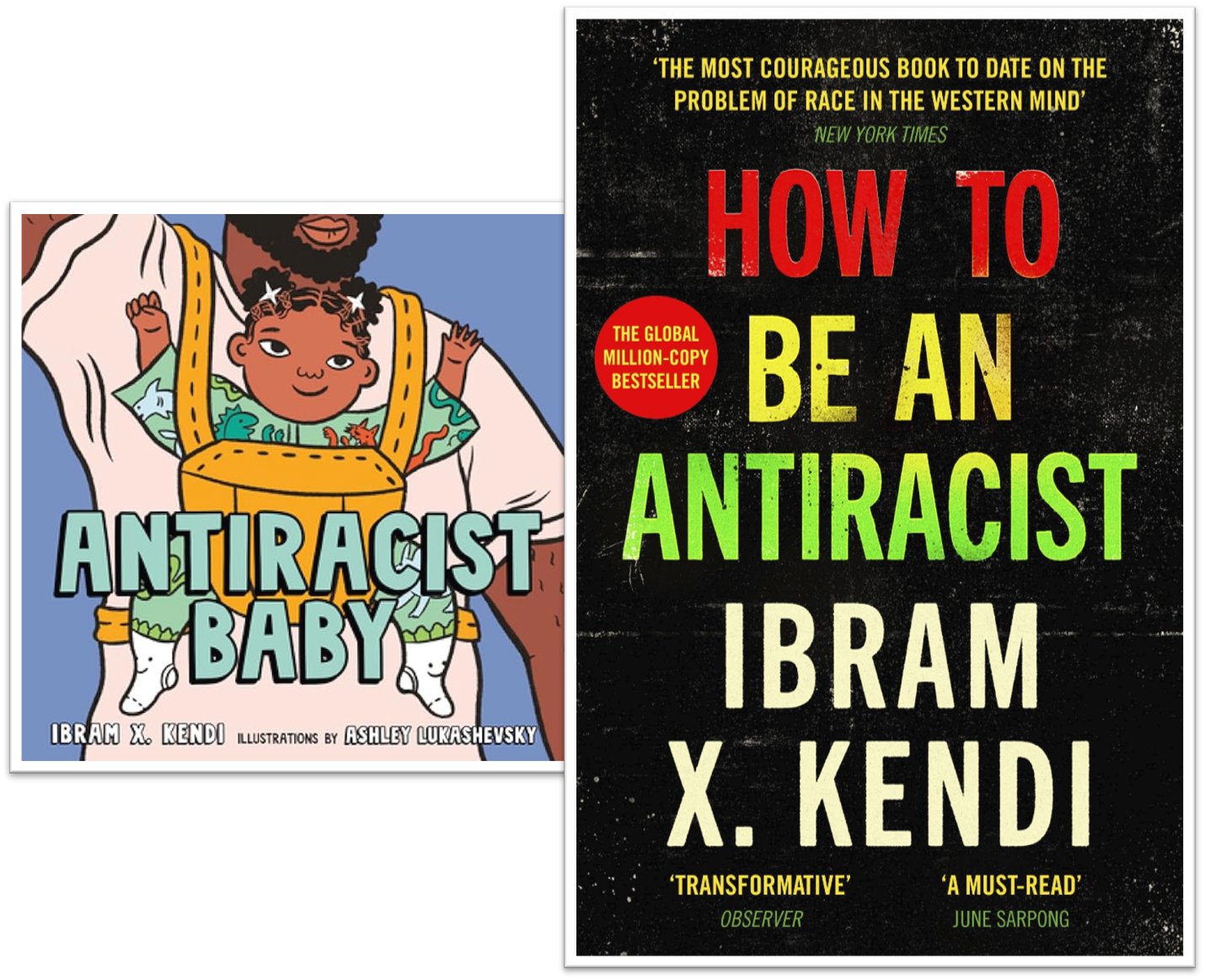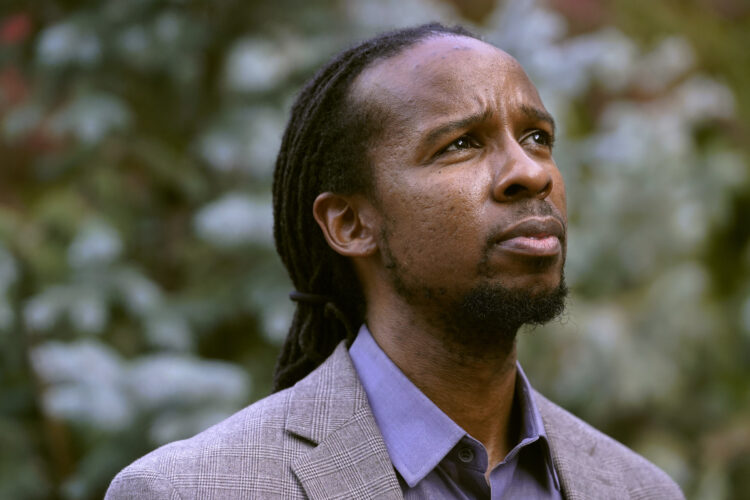Boston University announced on Wednesday that it has launched an investigation into the Dr. Ibram X. Kendi Center for Antiracist Research following complaints about financial mismanagement and exploitative culture. The Center, which raked in millions of dollars in grants and donations after its creation in 2020, has reportedly produced few results, wasted most of its funding, and, as of last week, laid off nearly all of its staff members.

The Center was first established by race “scholar” Ibram X. Kendi in the summer of 2020, shortly after the death of George Floyd. As race riots and anti-police demonstrations raged across the country, Kendi, a long-time advocate for critical race theory, rose to prominence as an expert in “racial justice” and “anti-racism.” His book How to Be an Anti-Racist became a New York Times bestseller, and his related children’s book Anti-Racist Baby brought his philosophy to the next generation.
Learn the benefits of becoming a Valuetainment Member and subscribe today!
In June 2020, Kendi was hired by Boston University as a history professor, and the Dr. Ibram X. Kendi’s Center for Antiracist Research was founded immediately after. Based on Kendi’s promise that the Center would “solve these intractable racial problems of our time,” donations quickly poured in. Twitter CEO Jack Dorsey gave a gift of $10 million, followed by $4.5 million from biotech company Vertex. Other donations and grants poured in from major corporations like Peloton and TJ Maxx, as well as thousands of individual donors.
According to a 2021 budget report, the Center amassed a total of $43 million to fund its various racial justice projects, which included a database to track racial disparities nationwide, a graduate degree program, a media enterprise, and research teams studying the effects of systemic racism on health and society.
But the results of that fundraising have been underwhelming, according to university sources.
While the Center successfully partnered with the Boston Globe to launch a digital newspaper called The Emancipator, most of its other projects have produced no results whatsoever. Amid the underwhelming output, Kendi returned from an extended leave of absence, only to announce via Zoom that 20 to 30 staffers would be laid off immediately. The terminations represented “a strategic pivot, not a response to any financial difficulty,” according to Center spokesperson Rachel Lapal Cavallario.
Phillipe Copeland, a BU professor employed at the Center, told the Boston Globe that the organization “was just being mismanaged on a really fundamental level.”
“Boston University needs to explain how one of its premier Centers ended up in this situation and how mass layoffs are ‘antiracist.’ This act of employment violence and trauma is not just about individual leaders. It’s about the cultures and systems that allow it to occur,” Copeland said.
Other former Center employees complained of an exploitative work environment and alleged that Kendi refused to delegate authority to others, slowing operations and leading to a management crisis during his extended absences.
Boston University’s inquiry will include a broad probe into the Center for Antiracist Research “focused on the center’s culture and its grant management practices.” Kendi has not commented publicly on the layoffs or the university inquiry. It is unclear what actions, if any, Boston University will take upon concluding the investigation.
“The only remedy to past discrimination is present discrimination. The only remedy to present discrimination is future discrimination.” — Ibram X Kendi


















Add comment